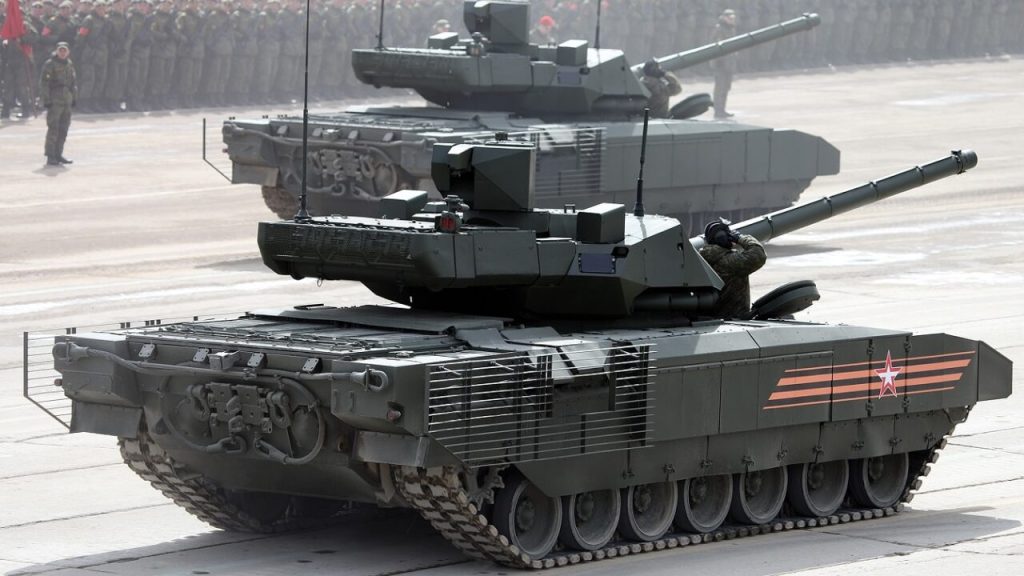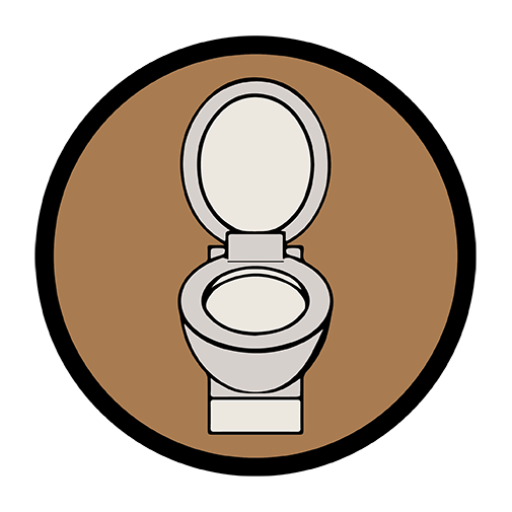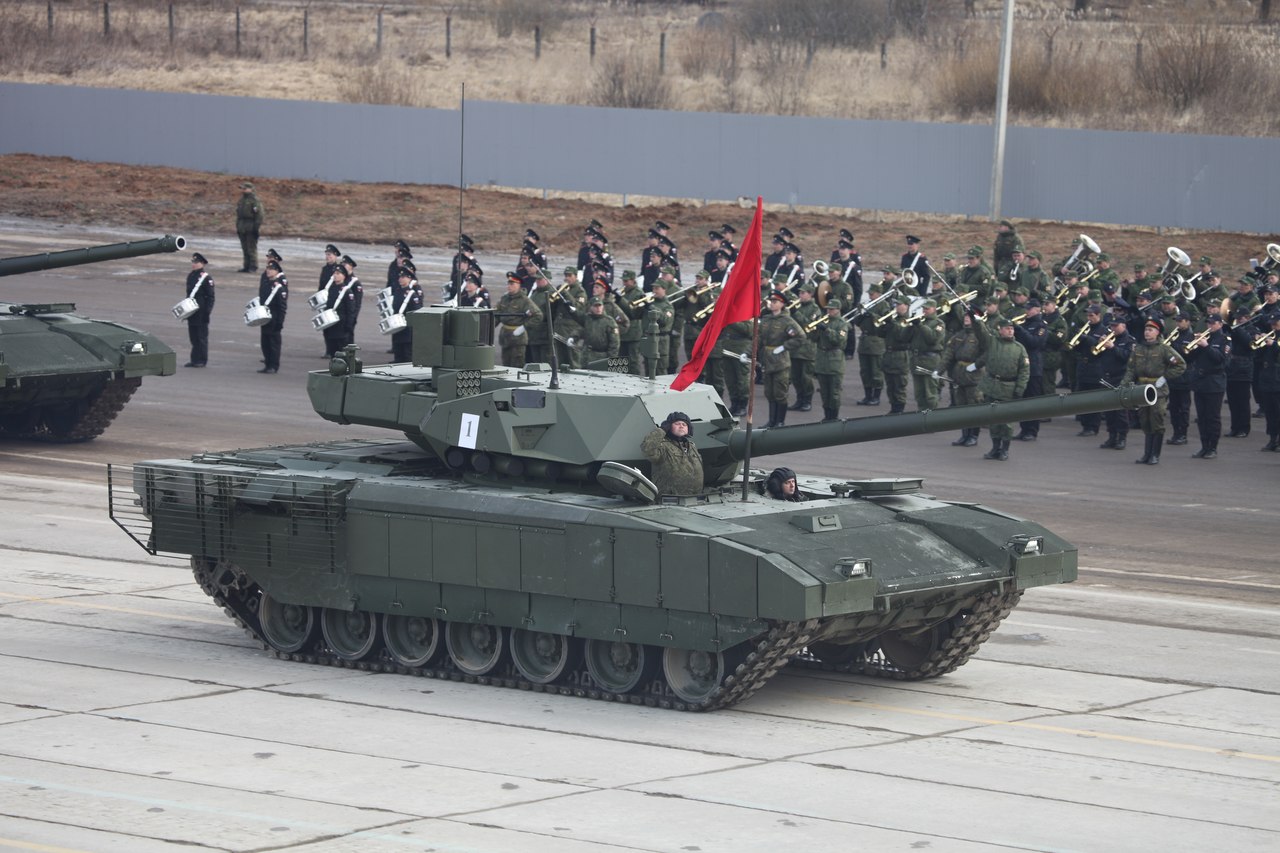Even military vehicles need toilets
As previously reported, the Armata system’s developers have now incorporated a toilet in their vehicles, enabling soldiers to cater to their bodily needs without exposing themselves during combat. This system supports large armored vehicles like the new T-14 tank. The breakthrough, according to Ilya Baranov, director of quality and information technologies at the Urals Design Bureau of Transport Machine-Building, significantly improves the quality of life for personnel.

“A major hassle for them is that they cannot relieve their natural functions. That is, water and field rations are available in the tank, but all the other conveniences are, unfortunately, absent”, Baranov told the state-run Tass Russian News Agency. “Only the Armata vehicles solved this dilemma”.
“From the very outset, this tank provides this possibility for a crew to perform lengthy combat missions, that is why the so-called life support system or, simply speaking, a lavatory, is available in it”, he added.
The history of the tank and the toilet may actually be connected. According to Tanks, 1914-1918 by Albert Gerald Stern and Let’s Talk in English by Manish Gupta, the British military initially coined the term “water carrier” to refer to the first tanks in an effort to keep the project’s details secret. However, it shared an abbreviation with “water closet”, a common British term for “bathroom”, forcing the military to come up with a new term.
Unsurprisingly, the U.K.’s Challenger 2 is one of the few operational tanks with a toilet. Many contemporary tanks lack this capability, leaving soldiers to improvise on the battlefield, including the venerable M1 Abrams developed in the United States.
The next-generation T-14 is a strong opponent, but it has more than just a toilet. The tank possesses remote-controlled Kord-12.7 mm and PK 7.62 mm machine guns in addition to its 125 mm main cannon’s ability to fire a variety of guided, powerful, and air burst ammunition. The Afghani active defense system, which can intercept rockets and other anti-tank munitions, would be activated while under enemy fire.
The T-14 made its debut at the Victory Day parade in Moscow in 2015, which marked 70 years since the Soviet Union led the Allies in their victory over Nazi Germany in Berlin. The tank hailed as an unbeatable weapon of war, broke down and had to be towed away. The vehicle has supposedly advanced significantly since then, and British intelligence has reportedly called it “the most revolutionary step change in tank design in the last half-century”, despite the fact that it has only been used in a small number of instances.
When it comes to tanks, Russia is the undisputed leader in the world, and the NATO member countries that border it are particularly worried about its unrivaled fleet. Even while the Pentagon’s overall military strength greatly outweighs Moscow’s, a surprise Russian strike would probably be too much for the Baltic states to handle.

